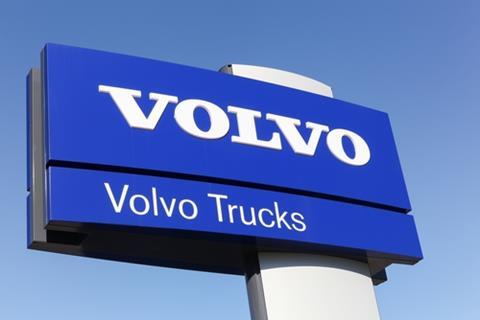New research released by Ipsos and Volvo Trucks indicates companies are willing to pay more for carbon zero transport
A new report carried out by Ipsos on behalf of Volvo Trucks shows companies are willing to pay more for transport suppliers with lower CO2 emissions. The research company spoke to 100 large e-commerce and manufacturing companies in eight European countries (Germany, France, UK, Italy, Spain, Netherlands, Sweden and Norway) about their demand for fossil fuel free transports in future procurements. The vast majority of these companies have set targets to reduce their climate footprint, says the report, with 78% of those interviewed saying they are willing to pay more for a transport supplier with little or no CO2 emissions, while 85% say they are prepared to change transport suppliers if they don´t meet their requirements.
The researchwhich was conducted in June 2022 included interviews with 100 professionals at senior level, typically responsible for procurement, logistics, supply chain management and/or sustainability, and shows a clear connection between their future business opportunities and fossil fuel free transport options. According to the report 60% of companies believe they risk losing customers within the next three years if they can’t meet their consumer’s demand for deliveries with little or zero CO2 emissions.
“It’s very positive to see this big push for fossil free truck transports. It means that we will see a massive shift in the industry in the coming years. We believe that electrification will be the key driver towards zero emission road transports and we are proud to already offer fully electric truck alternatives for most assignments. Going electric means more business opportunities”, says Roger Alm, President of Volvo Trucks.
Volvo Trucks has set a global target that in 2030, 50% of all new trucks sold will be battery or fuel cell electric. The transition to electric is being led by Europe and North America where targets are even higher. For example, in Europe the ambition currently sits at around 70% for all new trucks sold in 2030.












